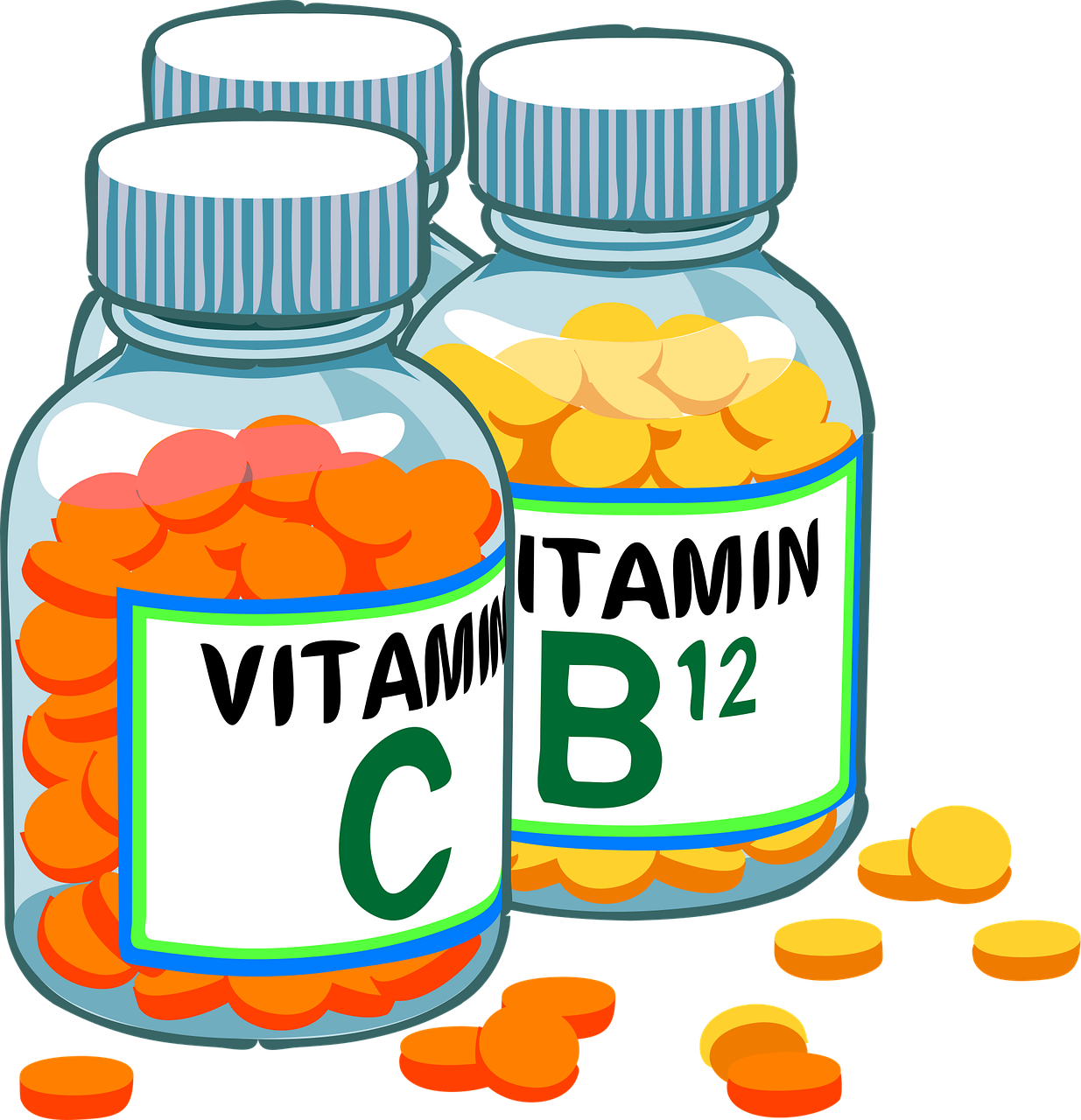This article was analyzed by Serge, MSc. Leveraging expertise in Biochemistry and Chemical Quality Control, I share insights and recommendations backed by research and clinical evidence to ensure you find safe and effective supplement solutions.

Some mornings, you wake up ready to go. Other days, it feels like your energy is running on low no matter how much coffee you sip. Diet plays a role, of course, but here’s something most people don’t think about: it’s not just what you take, it’s when.
Your body runs on rhythms, sleep, digestion, even hormone release all follow a natural clock. Nutrients do too. Take them at the right time, and they can lift your energy, sharpen your focus, and even help you sleep better. Take them at the wrong time, and you might feel sluggish, wired, or just “off.”
I learned this the hard way: I once took magnesium first thing in the morning because I’d read it was “good for stress.” By 11 a.m., I was yawning through my work calls. Turns out, timing matters a lot.

Morning vs. Evening Nutrients.
Think of vitamins and minerals like teammates, some are your morning starters, while others are evening players.
Morning boosters
– B vitamins
B vitamins are like the spark plugs in your body’s engine, they keep things running smoothly and help turn breakfast into real energy. Without them, that bowl of oats or slice of toast doesn’t do much for focus.
I’ve noticed mornings go better when I get mine in early. A B-complex works, sure, but honestly, even a simple meal with eggs, oats, or a handful of spinach does the trick. Think of it as setting the tone for a sharper, more alert start to your day.
– Vitamin D
Vitamin D’s often called the “sunshine vitamin,” and it really does feel like that. It gives a quiet lift, not like caffeine, but more like flipping on a light in a dim room. That’s why mornings are best. The catch? It only works well if you take it with a little fat.
I like mine with avocado toast, but nut butter or even eggs on the side work just as well. Small tweak, big difference in how your body actually absorbs it.
– Iron
Iron’s the reason oxygen makes it from your lungs to the rest of your body. Without enough, you’re dragging no matter how much sleep you get. The best time to take it is usually first thing in the morning, on an empty stomach, so your body grabs as much as possible.
Here’s the problem: iron can be rough on digestion. Pairing it with vitamin C helps a lot, I usually go for orange juice, fresh berries, or even peppers. Makes it easier to absorb and easier on the stomach.
Evening supporters
– Magnesium
Magnesium is what I like to call the “exhale” mineral. It’s the one that helps your muscles chill out and tells your mind it’s okay to relax. I always take mine after dinner or right before bed.
Seriously, it’s crazy how much smoother winding down feels when you time it right, like your body just sighs in relief.
– Calcium
Calcium isn’t just about keeping bones strong. It quietly helps your body do repair work overnight. I find it absorbs way better when paired with dinner rather than on an empty stomach.
Throw in some leafy greens or a bit of yogurt, and you’re giving your body steady support while you sleep, easy win for nightly recovery.
– Zinc
Zinc is the unsung hero for recovery and immunity. It helps your body bounce back while you sleep. Taking it too early in the day can upset your stomach. Evening is the best time, usually with dinner, so it goes down easily and actually gets absorbed.

Foods That Help Nutrients Work Better.
Even the best-timed vitamins won’t do much if your body can’t absorb them. Pairing matters.
Fat-soluble vitamins (A, D, E, K) need healthy fats like olive oil, nuts, or salmon.
Iron and vitamin C are like best friends. Try spinach with bell peppers or lean beef with citrus.
Magnesium plays well with fiber-rich foods, such as beans or oats.
Calcium and vitamin D team up naturally, yogurt with fruit, or grilled salmon with leafy greens, works well.
Little tweaks like this can make a huge difference in how much your body actually uses.
Common Mistakes That Drain Energy.
Most people don’t realize they’re blocking their own nutrients.
Here are the slip-ups I see most often:
Taking everything at once – Some nutrients fight for attention. For example, calcium and iron shouldn’t be taken together.
Iron with coffee or tea – I made this mistake in college. I’d take an iron pill with my morning latte, not knowing the caffeine made it useless. Wait at least an hour.
Skipping fats with fat-soluble vitamins – Without fats, A, D, E, and K pass right through.
Late-night energy vitamins – Taking B12 at 9 p.m.? Say goodbye to sleep.
Living on supplements alone – Real food brings in extra cofactors that pills don’t. Think of supplements as backup, not the main meal.
Putting This Into Action.
Here’s a simple rhythm you can try without turning your day upside down:
Morning: Have a balanced breakfast (protein + fruit + whole grains). Add your B vitamins or iron here.
Afternoon: Eat a nutrient-rich lunch with veggies, lean protein, and healthy fats. Great time for fat-soluble vitamins.
Evening: Take calming minerals like magnesium, calcium, or zinc with dinner or just before bed.
It’s not about being perfect, just noticing how timing makes you feel. Try swapping one thing at a time. For me, moving magnesium to the evening was a game-changer for sleep.
Summary.
Micronutrients don’t just affect long-term health, they shape how awake, calm, or focused you feel today. By matching nutrients to the time of day, pairing them with the right foods, and avoiding a few easy mistakes, you can keep energy steady and improve your rest.
It’s like setting your phone on the right mode. Day mode for focus, night mode for sleep. The features were always there, you’re just learning how to use them better.
Test this out for a week. Maybe start with moving your iron to the morning or your magnesium to the evening. Notice how your body reacts. Energy doesn’t have to be unpredictable, you can guide it with smarter timing.
Want more tips like this?
Check out our other guides on vitamins and daily routines to build a plan that actually fits your lifestyle!












